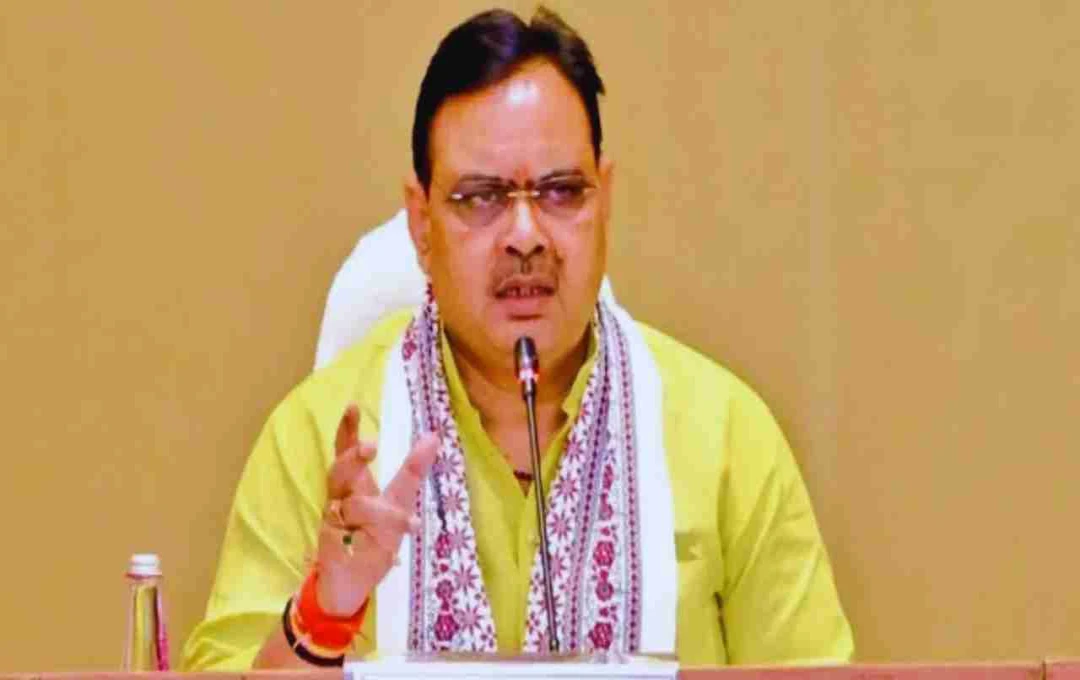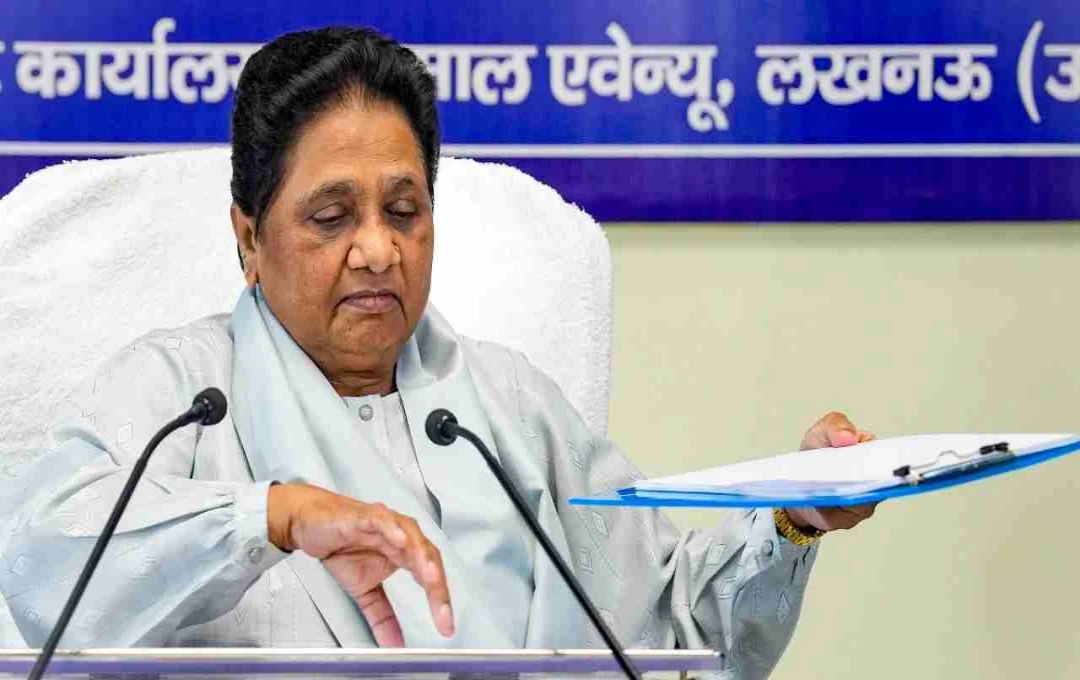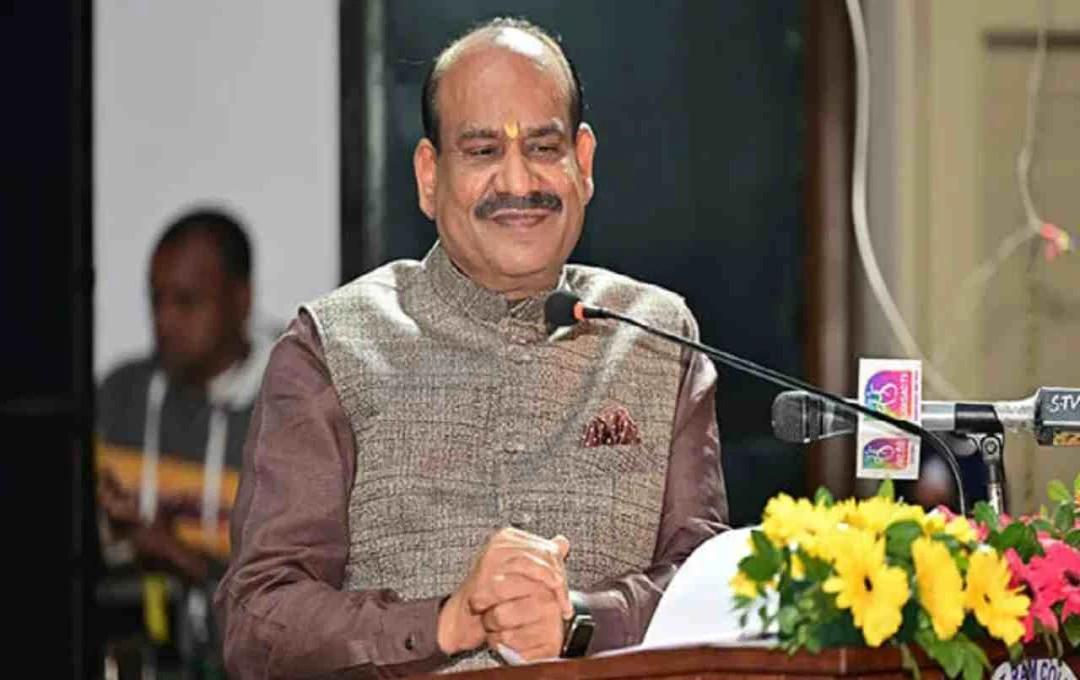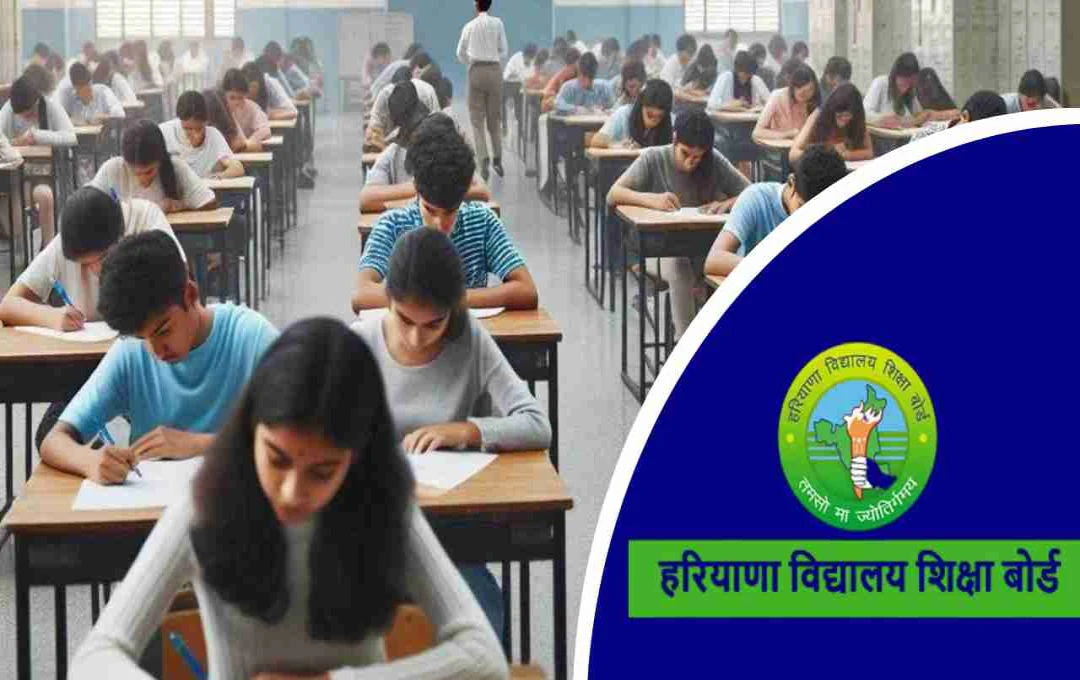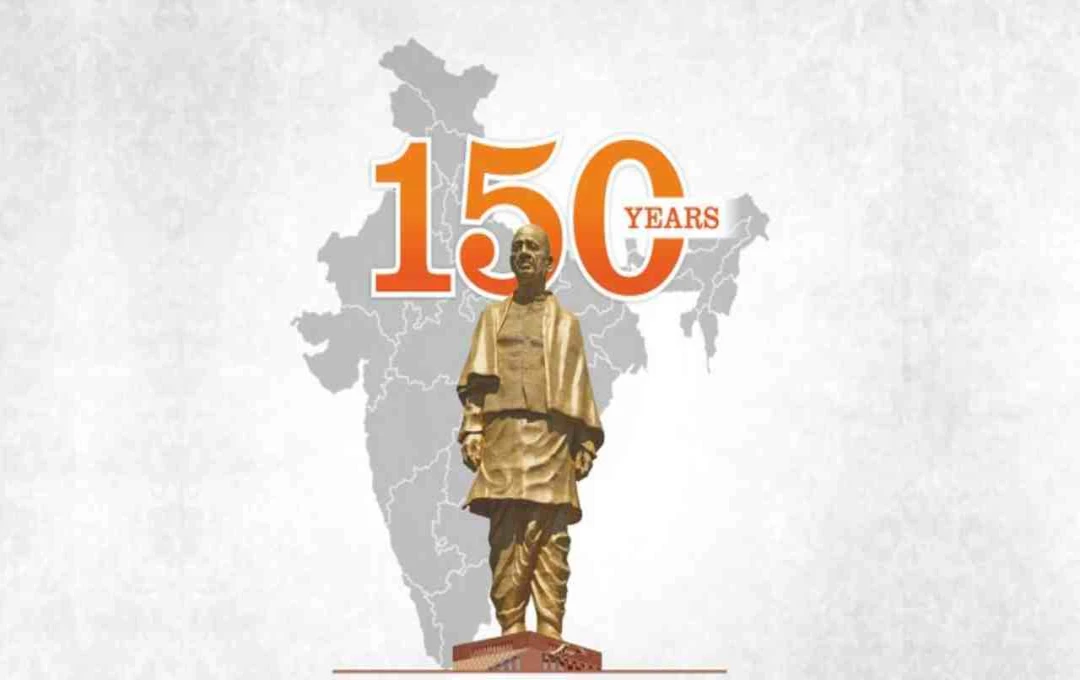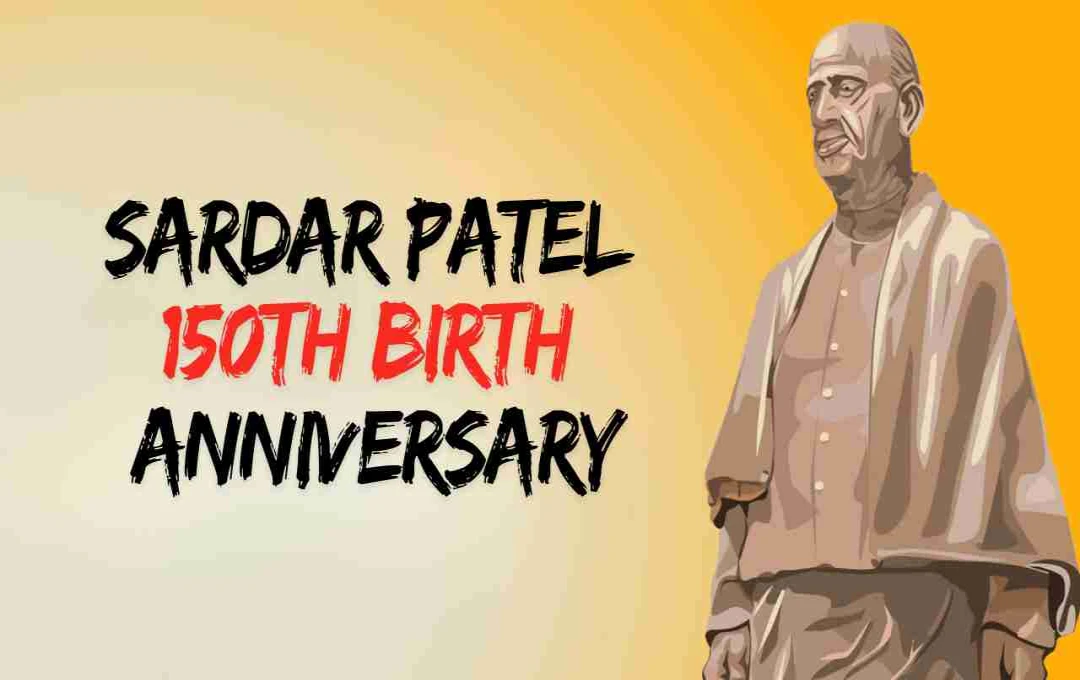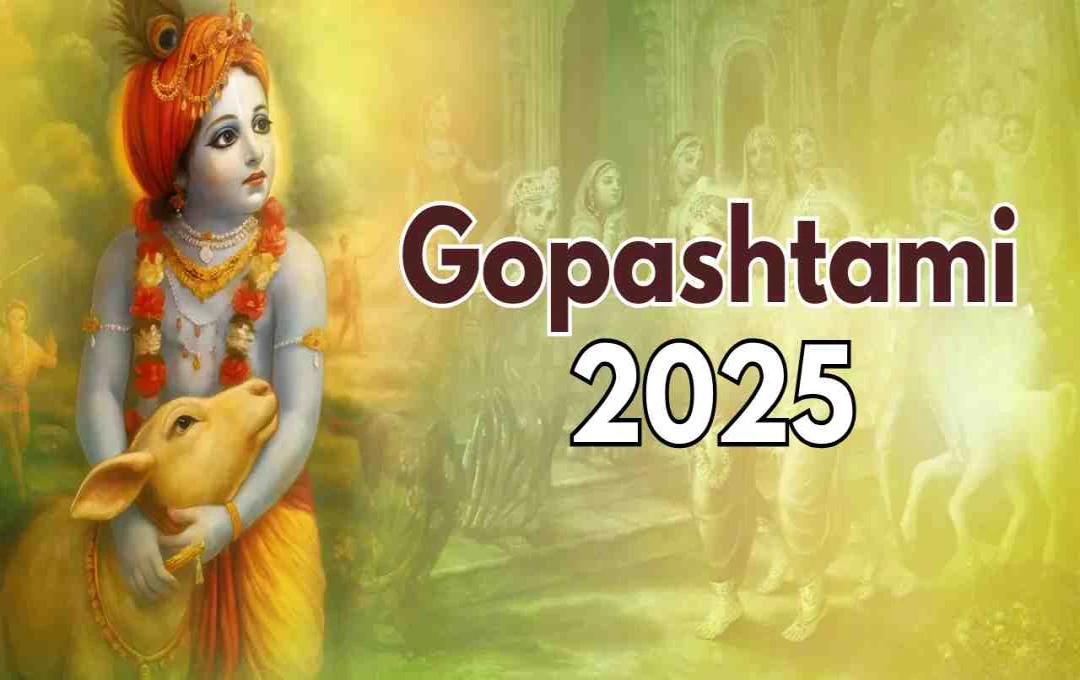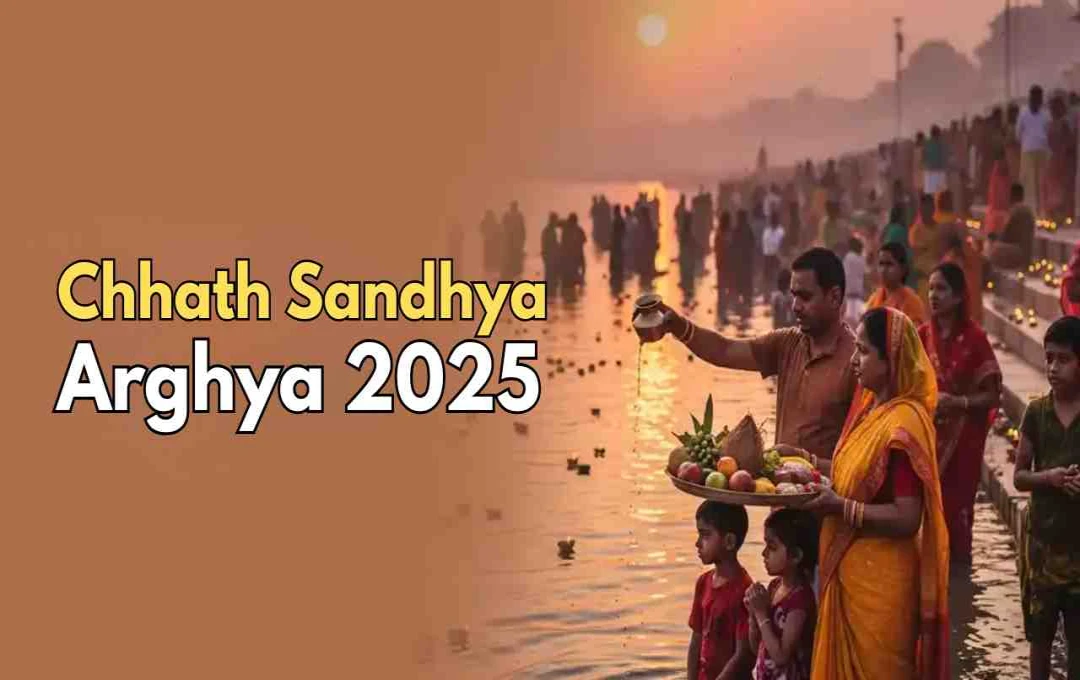Rajasthan's Bhajanlal government is preparing to provide relief to candidates with more than two children in urban local body and Panchayati Raj elections. Amending the 30-year-old rule could benefit thousands of public representatives.
Jaipur: The Bhajanlal Sharma government in Rajasthan is preparing to make a significant decision related to urban local body and Panchayati Raj elections. The state government is considering abolishing a 30-year-old rule that disqualified individuals with more than two children from contesting elections. If this decision is implemented, thousands of public representatives will receive relief, and the face of rural politics could change.
Controversial Policy Formulated for Population Control
In Rajasthan, in 1994, the then BJP government of Chief Minister Bhairon Singh Shekhawat implemented the “two-child policy.” Under this policy, individuals with more than two children were prohibited from contesting Panchayat and urban local body elections. The objective was to promote population control and ensure the selection of responsible public representatives.
However, over time, this provision became embroiled in controversy. Representatives from rural and backward communities repeatedly argued that this policy was not in line with social realities. On several occasions, elected representatives were removed from their posts due to this law, leading to instability in local administrative functions.
State Government Ready to Amend Two-Child Policy
The Bhajanlal Sharma government has now initiated a review of this old provision. Urban Development Minister Jhabar Singh Kharra recently indicated that the state government might move towards lifting the ban on individuals with more than two children. He stated that discussions on this matter have already taken place with the Chief Minister, and legal opinion is now being sought to pave the way for amending the rule.
Many MLAs and local representatives have also written to the government, requesting a change in this policy. They argue that it is unfair to keep this restriction applicable to public representatives when it has already been removed for government employees.
Rule Increased Difficulties for Public Representatives
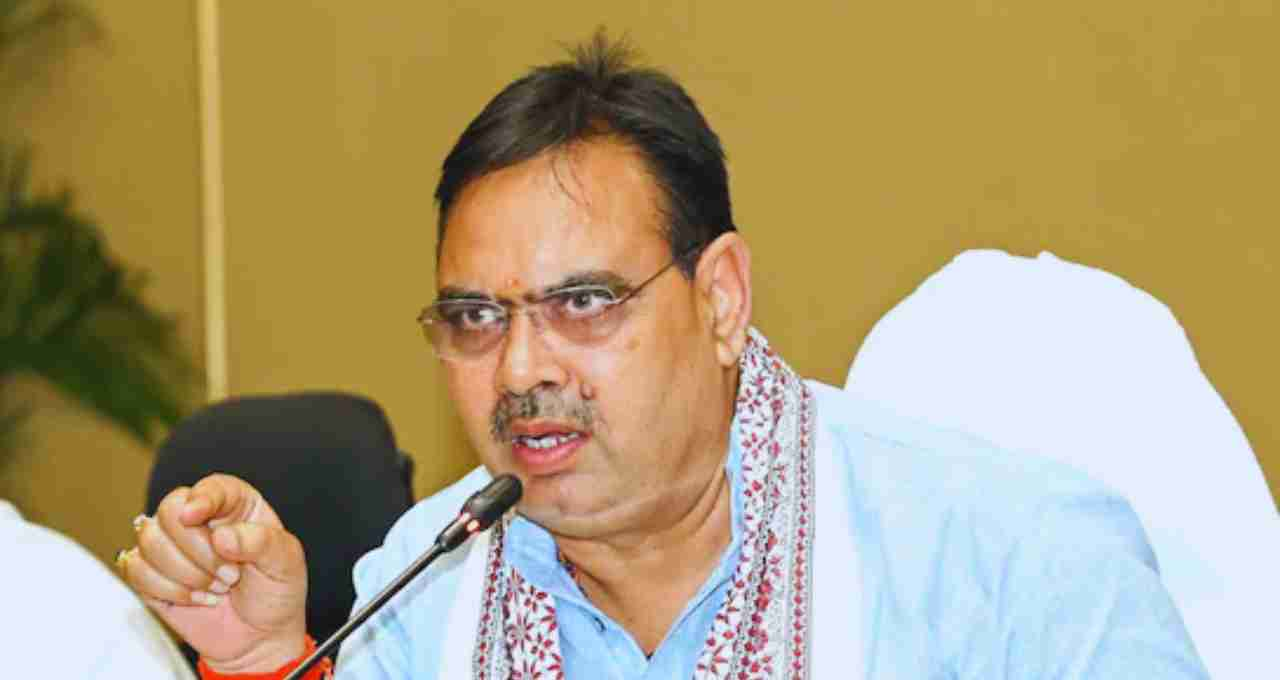
This law also stipulates that if an individual becomes a parent to a third child after winning an election, they will be removed from their post. There have been numerous instances where capable and popular public representatives were disqualified merely for having a third child.
In many parts of the state, this rule led to political instability and personal fraud. Several candidates filed false affidavits to conceal the number of their children, making verification difficult for the Election Commission.
New Challenge Related to Fraud and Social Reality
Due to the two-child policy, some candidates attempted to circumvent the rule by "adopting" their children under the names of other family members. Such cases made it clear that the law failed to achieve its intended objective.
The government now believes that this provision has become irrelevant due to other effective measures for population control. If the change is implemented, thousands of leaders and potential candidates in the state will find a new ray of hope in electoral politics.
